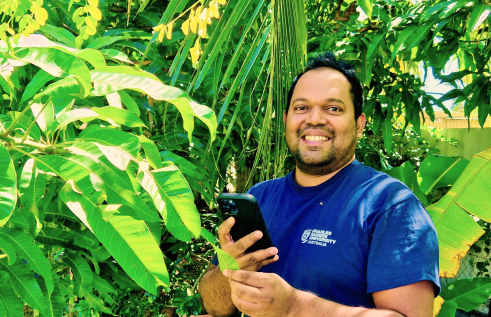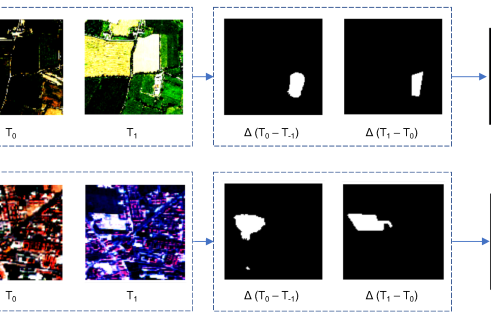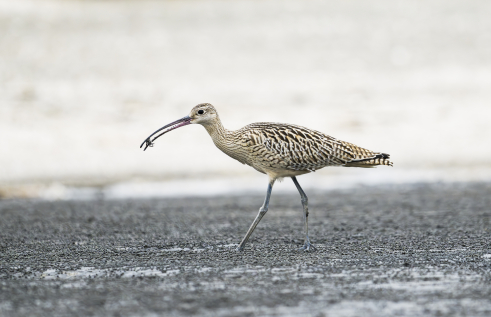News article
Students call to reduce single-use plastics
A Charles Darwin University environmental action group is lending its support to Plastic Free July, an initiative that encourages people to be part of the solution to plastic pollution.
Bachelor of Science (Hons) student Brittany Hayward Brown is President of EnviroCollective CDU, which has launched a social media campaign providing tips and tricks to help people reduce their single-use plastic consumption.
“EnviroCollective’s aim is to promote environmental awareness and behavioural change on our campuses and in the wider community,” Brittany said.
“This month, we want to raise awareness of the long-lasting impact of single use plastic items such as bottles, bags, cups and straws.
“Millions of these items are thrown away every day but the fact is they are derived from fossil fuels; they don’t break down, and this has a detrimental effect on our environment, including accelerating climate change.”
Brittany said that an estimated eight million tonnes of plastic end up in the world’s oceans each year.
“Here’s another scary fact: A recent study found that each week people ingest up to five grams of micro plastics into our digestive system. That’s roughly equivalent to eating a credit card each week.”
Brittany said it was a pervasive issue, but there was hope.
“We need to raise greater awareness and engage people at a grass roots level to change their thinking and their behaviour,” she said.
“The more people who give it a go – who reduce their use of one-off plastics – the better off we’ll be.
“One thing that inspires me is to see the ripple effects of change. If we can encourage a few people to change their habits this has great potential to influence others. One small action can contribute to the broader change we need to see in our society.”
She said July, or indeed any time, was a good time to start a good habit.
“Give it a try,” she said. “What’s the worst that could happen if we prevent tonnes of plastic going into the ocean?”
Connect with EnviroCollective CDU online at W: facebook.com/EnviroCollectiveCdu/
Related Articles

Rooting out plant diseases: Are computers ready to run our farms?
Nature is still too complex for artificial intelligence (AI) modelling to be effective, but the tipping point is close, according to a new study that found the technology may still trip at the last real-world hurdle.
Read more about Rooting out plant diseases: Are computers ready to run our farms?
Tech on the treetops: How AI can protect forests
The Artificial Intelligence model was developed to detect changes in forest cover.
Read more about Tech on the treetops: How AI can protect forests
Volunteers protected Darwin wildlife for 50+ years, but new research suggests it’s time to stop winging conservation efforts
Volunteers have shouldered the burden of shorebird conservation in the Top End for more than half a century, but new research from Charles Darwin University (CDU) suggests it’s time for the government to take responsibility for all of the Northern Territory’s residents – including those with wings.
Read more about Volunteers protected Darwin wildlife for 50+ years, but new research suggests it’s time to stop winging conservation efforts
